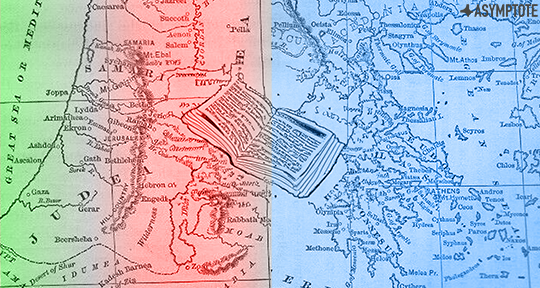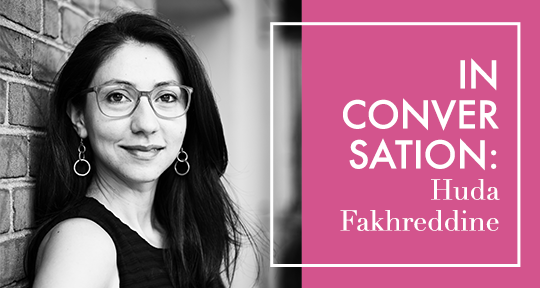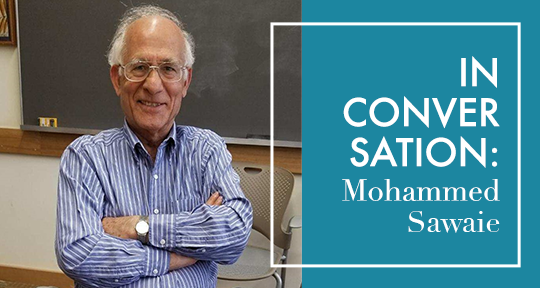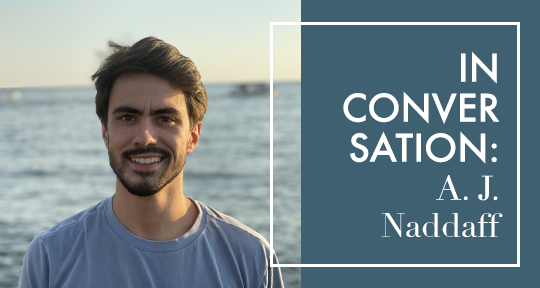This week, our Editors-at-Large bring us news of a crucial conference using collective artistic expression for justice, drama surrounding a literary prize, and an innovative effort to honor a beloved author. From activist poets to an experimental anthology, read on to find out more!
Carol Khoury, Editor-at-Large, reporting from Palestine
The International Coordinating Committee of the World Poetry Movement (WPM) has issued an urgent call to action concerning the escalating crisis in Palestine. In a recent statement, the committee emphasized, “The world and Palestine are in great danger. We must intervene, speak out, and act.” To address this, back in April, WPM issued an open letter by 1026 poets, artists, and intellectuals from hundred and forty countries to eighteen presidents and prime ministers of the world, on a an appeal to act for immediate ceasefire and humanitarian assistance in Gaza. More recently, WPM hosted a virtual World Conference for Palestine, which took place on the 15th and the 16th of June.
WPM, renowned for its steadfast support of Palestine through poetry and activism, seeks to leverage this conference to mobilize international solidarity and propose solutions. Reflecting the sentiment of poet Mahmoud Darwish, “Our poems have no melody, no color, no flavor, no voice if they do not hold the torch from home to home, from house to house,” the WPM aims to illuminate the path to justice through collective artistic expression.
The World Conference for Palestine, hosted virtually by Venezuela’s Ministry of Foreign Affairs, represented a critical effort to galvanize international support. The conference gathered poets, writers, artists, intellectuals, and political leaders to discuss protective measures for Palestinians. The two-day event featured expert analyses and discussions to push for an end to the war and the occupation. Prominent attendees included Miguel Diaz-Canel, Nicolas Maduro, Gustavo Petro, Abdelmadjid Tebboune, Mahmoud Abbas, Michael D. Higgins, Cyril Ramaphosa, Fortune Charumbira, and Juan David Correa. Recordings of live streaming of poetry readings can be watched here. READ MORE…








